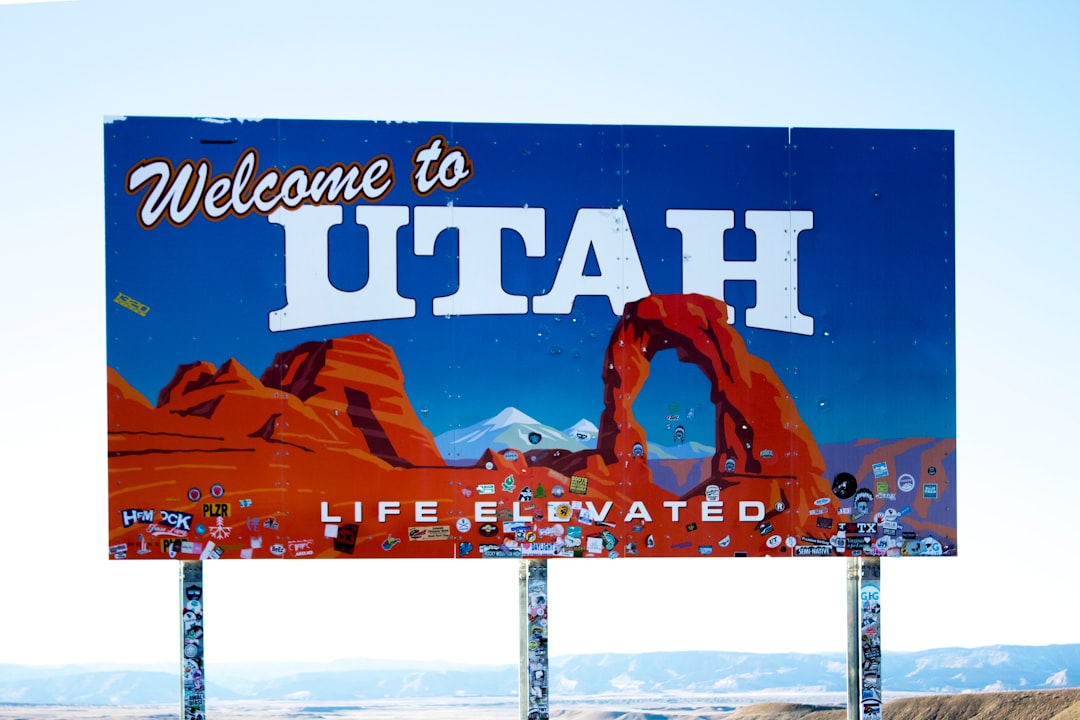Utah's Do Not Call laws have significantly reshaped real estate practices in St. George, especially for law firms offering property services. These regulations encourage personalized communication and targeted marketing, influencing agent strategies to build online presence, engage on social media, and use digital platforms for compliance while fostering stronger client relationships. As the laws evolve, Utah's real estate industry is expected to focus more on digital marketing and data management, potentially leading to a rise in relationship-driven sales techniques that prioritize trust and transparency.
“The ‘Do Not Call’ laws, a regulatory measure designed to protect consumer privacy, have significantly impacted Utah’s real estate industry. This article explores the effects of these laws on St. George’s dynamic market, offering a nuanced understanding of their implementation and adaptations by agents. We delve into how these regulations influence client interactions, marketing strategies, and overall market trends. Additionally, we predict future implications, providing insights for both professionals and consumers in Utah’s real estate landscape, particularly within the context of local Do Not Call law firms.”
Understanding Do Not Call Laws: A Overview for Utah's Real Estate Industry

In Utah, the Do Not Call laws are designed to protect residents from unsolicited phone calls, particularly from law firms and telemarketers. These regulations have a significant impact on how real estate agencies operate in St. George and across the state. The primary goal is to give individuals control over their communication preferences, ensuring that marketing calls are limited to those explicitly consented to.
For Utah’s real estate industry, understanding these laws is crucial for compliance and maintaining client relationships. Real estate agents and law firms must be mindful of when and how they reach out to potential clients. While it may limit direct marketing strategies, it promotes a more targeted and personalized approach, fostering trust and respect among prospective home buyers or sellers. This shift encourages building strong connections through organic means, which is essential in the competitive St. George market.
The Impact on St. George's Real Estate Market: A Closer Look

In St. George, Utah, the implementation of the Do Not Call laws has significantly altered real estate practices and market trends. These laws restrict direct marketing calls, primarily targeting law firms specializing in various legal services, including those related to property and real estate transactions. As a result, local agents have had to adapt their strategies to maintain effective communication with potential clients.
The St. George market, known for its vibrant growth, has witnessed a shift in buyer and seller behavior. With the reduced noise from unsolicited calls, prospective homeowners are more inclined to seek personalized recommendations and established connections. Conversely, real estate professionals are leveraging alternative marketing channels, such as digital platforms and targeted mailers, to reach their target audiences, ensuring compliance while staying relevant in the market.
How Real Estate Agents Adapt and Comply with These Regulations

In response to the implementation of Do Not Call laws in Utah, real estate agents in St. George have had to adapt their strategies significantly. They’ve turned to more sophisticated marketing methods and personalized outreach, recognizing that cold calling is no longer a viable option. Agents now focus on building robust online presences, leveraging social media platforms, and engaging with potential clients through targeted email campaigns. This shift has fostered deeper connections with the community, as agents take time to understand local market trends and individual preferences.
Compliance with Do Not Call regulations has encouraged real estate professionals in St. George to enhance their customer relationship management (CRM) systems. They meticulously track interactions, ensuring they respect client privacy while maintaining effective communication. By embracing these changes, Utah’s real estate industry—particularly within St. George—remains competitive and dynamic, even as it navigates stricter regulations, through innovative practices and a commitment to ethical business standards, including those set by local Do Not Call law firms.
Future Implications: Predicting the Market's Response to Changing Laws

As do not call laws continue to evolve, their impact on Utah’s real estate industry, particularly in St. George, is expected to shift as well. Future implications may include a heightened focus on digital marketing strategies and improved data management practices among real estate professionals. With more stringent privacy regulations, agents and law firms in Utah will need to adapt by investing in online platforms and tools that allow for targeted outreach while adhering to legal constraints.
The St. George market, known for its strong sense of community and local connections, may see a growth in personalized, relationship-driven sales techniques. As consumers become more protective of their personal information, real estate agents will likely need to foster trust through increased transparency and communication, potentially leading to more meaningful interactions that result in higher client retention rates. This shift could ultimately benefit the market by fostering stronger relationships between agents, clients, and the broader community.






